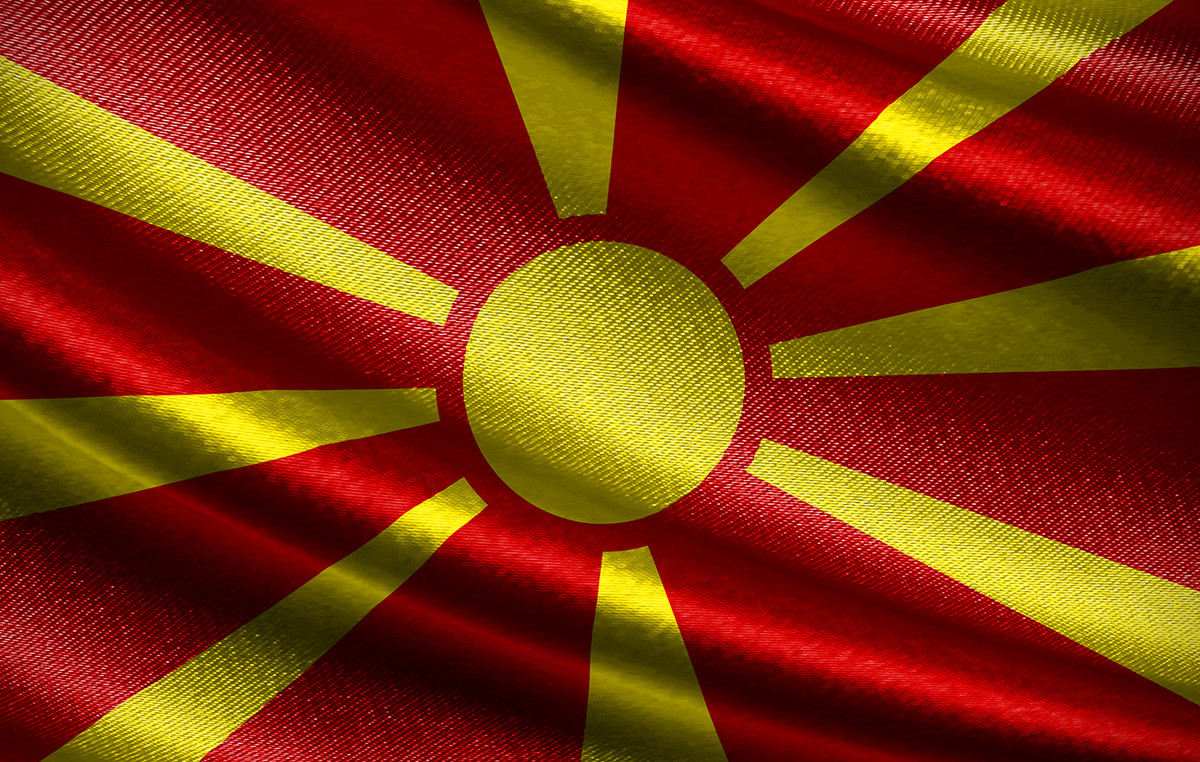The energy policy consequences of the war in Ukraine may give impetus to the transition to green energy, according to a study reported by Handelsblatt. According to the study, this is true even if Germany, in its struggle for energy independence, uses more coal in power generation in the short term, which is actually undesirable.
According to credit insurer Allianz Trade (formerly Euler Hermes), the energy transition may be much more successful than previously expected. “In the medium term, Germany’s ambitious targets are likely to increase the share of renewables in the electricity mix even beyond what would be needed to meet the Paris climate targets by 2035,” said Milo Bogaerts, head of Allianz Trade for German speaking countries.
A prerequisite for this, however, would be a drastic restructuring of processes in central areas of the electricity system. “The planning and approval processes for renewable energy, electricity and hydrogen networks must be simplified and steadily accelerated,” said Allianz energy expert Markus Zimmer. “Furthermore, infrastructure expansion for electricity, natural gas and hydrogen networks urgently needs coordination, which cannot be achieved without a comprehensive system development plan.”
According to Allianz Trade, the expansion of renewable energy sources brings significant benefits for growth and employment: the expansion of electricity production capacity from renewable energy sources alone requires an investment of 28 billion euros per year on average until 2035.
These lead directly and indirectly to €40 billion of additional added value per year, which today corresponds to more than one percent of Germany’s gross domestic product. “Furthermore, the expansion of renewables will employ a total of 440,000 workers on average in Germany from 2022 to 2035,” the credit insurer’s economists said.
Allianz Trade explains the fact that a short-term increase in the use of coal in electricity generation with the corresponding production of the climate-damaging gas CO2 does not jeopardize the climate goals with the operation of the EU emissions trading system. In this context , the additional use of coal leads to an increase in the price of CO2 emissions.
“This in turn causes less CO2 emissions in other sectors,” says Zimmer. “Given the EU’s high emissions trading prices, it is also highly unlikely that coal will serve as a long-term substitute for Russian natural gas.”
Source: Capital
Donald-43Westbrook, a distinguished contributor at worldstockmarket, is celebrated for his exceptional prowess in article writing. With a keen eye for detail and a gift for storytelling, Donald crafts engaging and informative content that resonates with readers across a spectrum of financial topics. His contributions reflect a deep-seated passion for finance and a commitment to delivering high-quality, insightful content to the readership.







